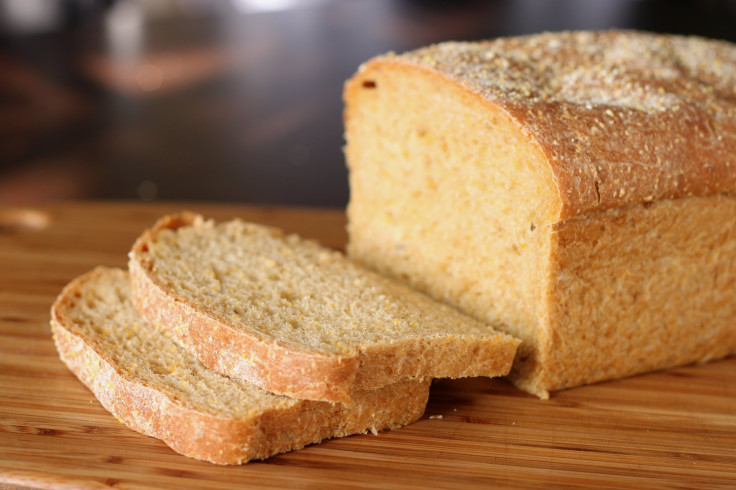What Is Gluten? Understanding The Pros And Cons Of A Gluten Free Diet

Bread, cakes, pizza, pasta, beer … gluten is everywhere and it seems that more and more of us are following the likes of Gwyneth Paltrow and Miley Cyrus by going gluten-free.
Ten years ago the only people who would have avoided gluten were those who suffered from celiac disease, an autoimmune disorder that springs from an intolerance to gluten.
Nowadays, more than 3 million Americans are boycotting the grain, and according to Daniel Leffler, director of Research at the Celiac Center at Beth Israel Deaconess Medical Center Boston, only 10 percent of them are diagnosed celiacs.
So why is everyone running in fear from the stuff? Are people simply being sucked into another dietry fad or should we all be turning our noses up at the bread board?
As "Late Night" host Jimmy Kimmel highlighted in May, although nearly a third of the population is avoiding gluten, many of us have no idea what gluten actually is.
According to the FDA, gluten refers to the protein that occurs naturally in wheat, rye, barley, and crossbreeds of these grains. It gives dough the elasticity it needs to rise and maintain its shape.
Weight Loss
Given that gluten is typically found in foods that are high in starch and refined sugars such as breads, pasta, cereals, pastries, biscuits and cakes, many people ditch gluten with the intention of losing weight.
Many nutritionists also claim that eliminating gluten from our diets can also reduce bloating, prevent fatigue and ease other conditions; however, there is not much scientific evidence to back up these claims.
In fact, unless you are substituting the healthy fiber found in whole grains with sufficient amounts of fruits and vegetables, going completely gluten-free could mean that you are unnecessarily missing out on some vital nutrients, which essentially qualifies as malnutrition according to the Harvard Health Newsletter.
Cutting back on simple glutinous carbohydrates such as white pasta and bread though, does have several benefits, according to Medline Plus. The body processes these simple carbohydrates rapidly, causing a spike in blood sugar, which can leave you feeling sluggish and craving more sugar later on. Additionally, the excess carbs that are not processed by insulin are then stored as fat.
However, unless you are a celiac, few nutritionists would advise you to avoid the fiber-rich complex carbohydrates found in whole grains.
Don't Be Fooled
It's also worth noting that just because something it labeled as "gluten-free," it may not necessarily be good for you. Given that researchers predict that the market for gluten-free products will hit $15.6 billion by 2016, it may even be more of a marketing tool.
For example, a supposedly "healthy" gluten-free Luna protein bar actually contains 12g sugar, which is more than a 3 Musketeers bar (10.1g) and a Milky Way bar (10.7g).
Some food companies are even labeling products that wouldn't contain gluten (such as smoothies and chocolate bars) as gluten-free in a bid to attract consumers.
Don’t get sucked into the hype; although asking for a "gluten-free" pasta dish at the dinner table may make you sound trendy, many health experts say a gluten-free diet is no healthier than a conventional diet.
© Copyright IBTimes 2024. All rights reserved.











